Get Published
A recommendation note from the MRI Governing Body and MRI Coordination Office on “predatory journals”
Predatory journals and predatory publishers have been defined as “entities that prioritise self-interest at the expense of scholarship and are characterised by false or misleading information, deviation from best editorial and publication practices, a lack of transparency, and/or the use of aggressive and indiscriminate solicitation practices” (Grudniewicz et al., 2019).
Publishing in predatory journals is highly problematic for a number of reasons*. For instance, it can damage one’s own reputation and/or the reputation of one’s institution; articles that are published in predatory journals do not offer any added value to researchers and science and further perpetuate practices that negatively impact science and scientific quality; or visibility can be limited given that some of these journals are not indexed by reputable citation indexes and literature databases, with no guarantee of long-term access to published articles. Furthermore, such articles often enter the public domain without rigorous quality control or thorough peer review, for instance by prioritising speedy reviews – irrespective of the suitability of the reviewers’ disciplinary expertise – instead of soliciting the relevant and key expertise for such reviews. Therefore, all publications in such journals endanger the credibility of publicly-funded research, diminish the value of research that would otherwise receive greater recognition if published in reputable journals, and contribute to a general distrust of scientific publications.
The MRI encourages open science practices and the accessible dissemination of results of high-quality scientific research. The choices made as to where and how this research is published are also key aspects that need attention and careful consideration by the mountain research community. Therefore, and in view of the issues raised by predatory publishing practices, the MRI strongly recommends that researchers exercise their own responsibility and judgment and carefully consider where they choose to publish their work, and where they agree to guest edit special issues, by consulting trusted sources of information and learning more about predatory publishing practices.
Useful Resources We Recommend (Non-Exhaustive):
- Grudniewicz et al (2019). Predatory journals: no definition, no defense. Nature, 576, 210-212.
- Think.Check.Submit. A site that helps researchers identify trusted journals and publishers for their research.
- The InterAcademy Partnership (IAP) report (2022): Combatting Predatory Academic Journals and Conferences
- Blog: “Combating predatory journals and conferences through systemic change in scientific publishing” (International Science Council)
- UNESCO Recommendation on Open Science
* Adapted from Swiss National Science Foundation: FAQ What is the SNSF’s position with regard to predatory journals?
Do you have any questions, comments, or suggestions regarding the issue of predatory publishing practices? We’d love to hear from you! Please contact us at the MRI Coordination Office.
MRI / 20.10.2022
Weather and Climate-Induced Multi-Hazard Futures: Forecast, Communication, and Preparedness for Society
This collection in the Nature Partner Journal Natural Hazards invites researchers to delve into the social dimensions of compounding and cascading weather- and climate-related hazards in an increasingly interconnected multi-hazard world. It examines how diverse extremes – such as heatwaves, floods, storms, droughts, and coastal events – interact across space and time to amplify risk, and how weather and climate information is produced, translated, communicated, and used within real decision contexts marked by uncertainty and inequality.
Submission deadline is 30 September 2026.

